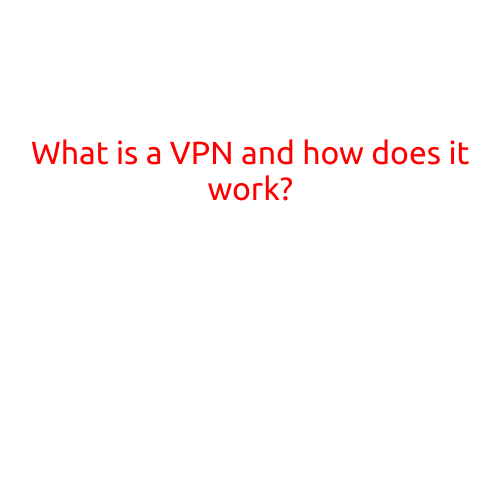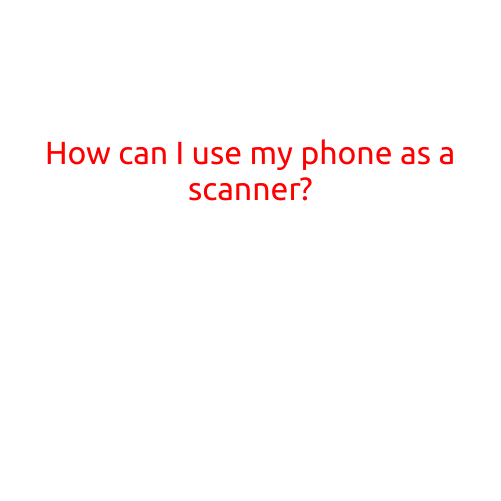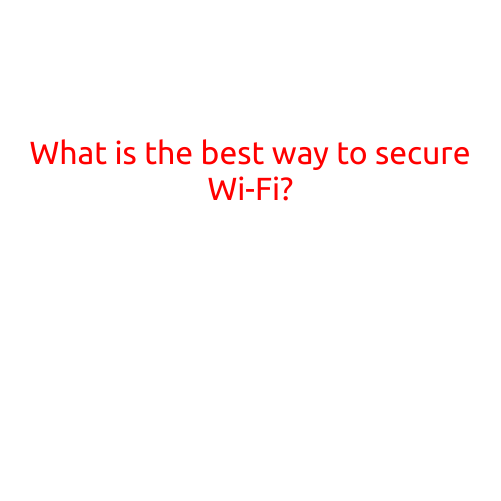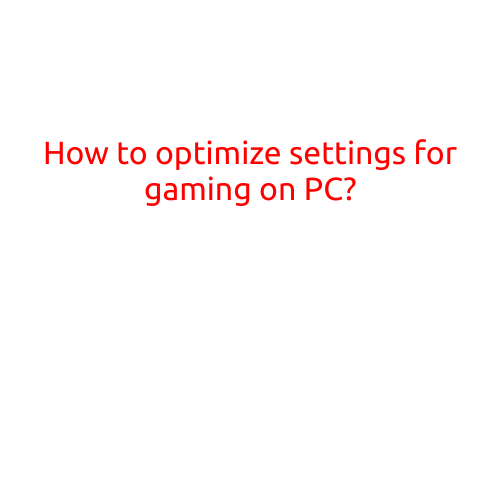
What is a VPN and How Does It Work?
In today’s digital age, online security and privacy are more crucial than ever. With the rise of cyber attacks, data breaches, and government surveillance, it’s essential to take measures to protect your online identity and sensitive information. A Virtual Private Network (VPN) is a powerful tool that can help you achieve this. But what exactly is a VPN, and how does it work?
What is a VPN?
A VPN is a network technology that creates a secure, private connection between your device and the internet. It works by encrypting your internet traffic and routing it through a VPN server, which is located in a different geographical location. This allows you to browse the internet anonymously, keeping your online activities, IP address, and personal data private.
How Does a VPN Work?
Here’s a step-by-step explanation of how a VPN works:
- Connect to a VPN Server: You download and install a VPN client on your device (computer, smartphone, or tablet). When you launch the app, you’re prompted to select a VPN server location from a list of available servers worldwide.
- Establish a Secure Connection: The VPN client initiates a secure connection to the chosen VPN server using encryption protocols such as AES-256 (Advanced Encryption Standard) or OpenVPN. This creates a secure “tunnel” between your device and the VPN server.
- Encrypt Your Internet Traffic: Your internet traffic is encrypted and routed through the VPN server, making it unreadable to anyone who might intercept it. This includes your internet service provider (ISP), government agencies, and hackers.
- Change Your IP Address: The VPN server assigns you a new IP address, which is different from your original IP address. This allows you to appear as if you’re accessing the internet from the VPN server’s location, rather than your actual location.
- Access the Internet Anonymously: With the VPN connection established, you can now access the internet as if you were in the VPN server’s location. Your online activities, such as browsing, streaming, or sending emails, are completely anonymous and untraceable.
Why Do You Need a VPN?
Here are some compelling reasons why you should consider using a VPN:
- Privacy Protection: A VPN helps protect your online privacy by encrypting your internet traffic, making it difficult for third parties to intercept and read your data.
- Security: A VPN protects your device from potential cyber attacks and data breaches, ensuring your personal and financial information remains secure.
- Geographic Independence: With a VPN, you can access geo-restricted content from anywhere in the world, such as streaming services or social media platforms.
- Anonymity: A VPN allows you to browse the internet anonymously, shielding your identity and location from prying eyes.
Conclusion
In conclusion, a VPN is a powerful tool that offers a range of benefits, including privacy protection, security, geographic independence, and anonymity. By understanding how a VPN works, you can make informed decisions about your online security and privacy. Whether you’re a casual internet user or a frequent traveler, using a VPN is a simple yet effective way to safeguard your online presence.





